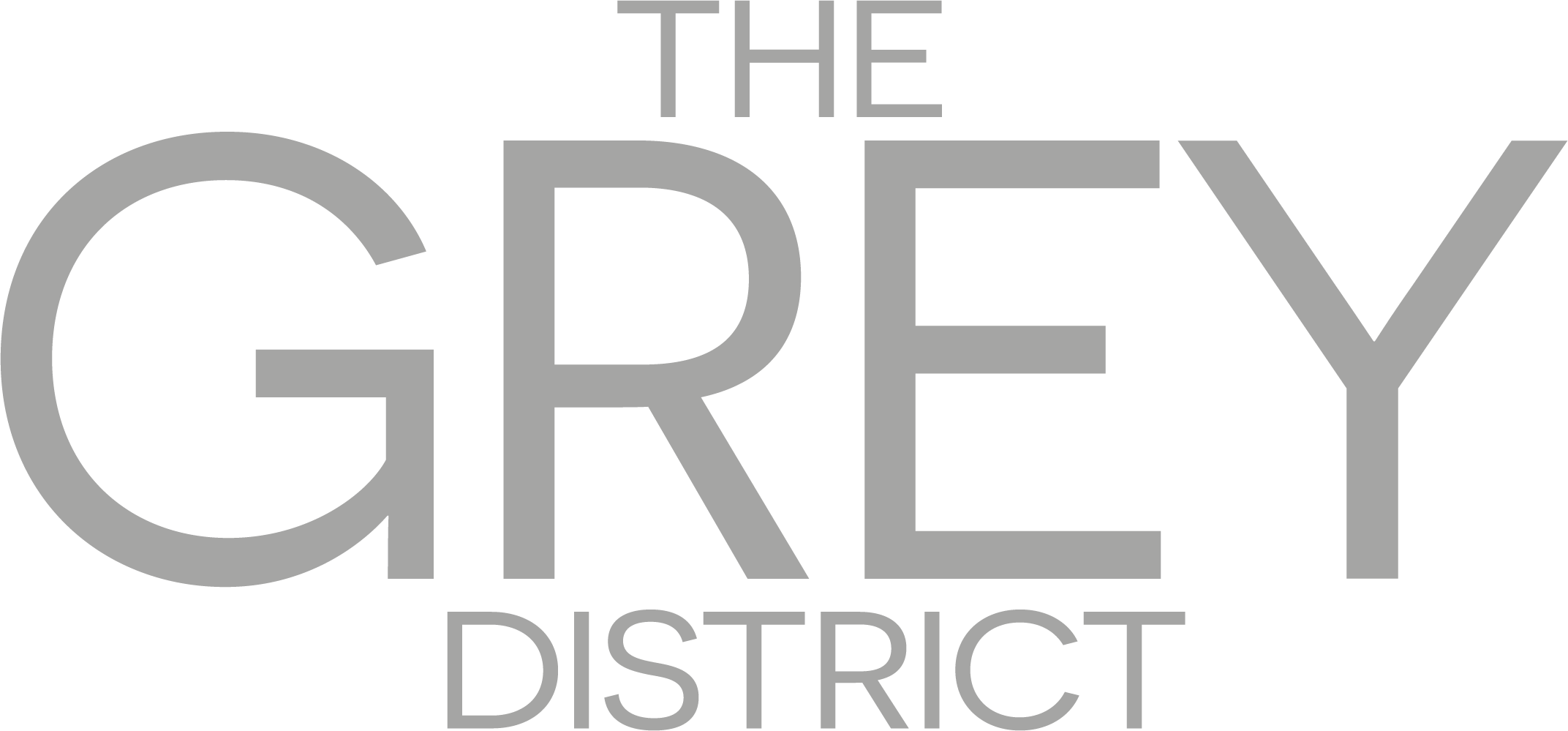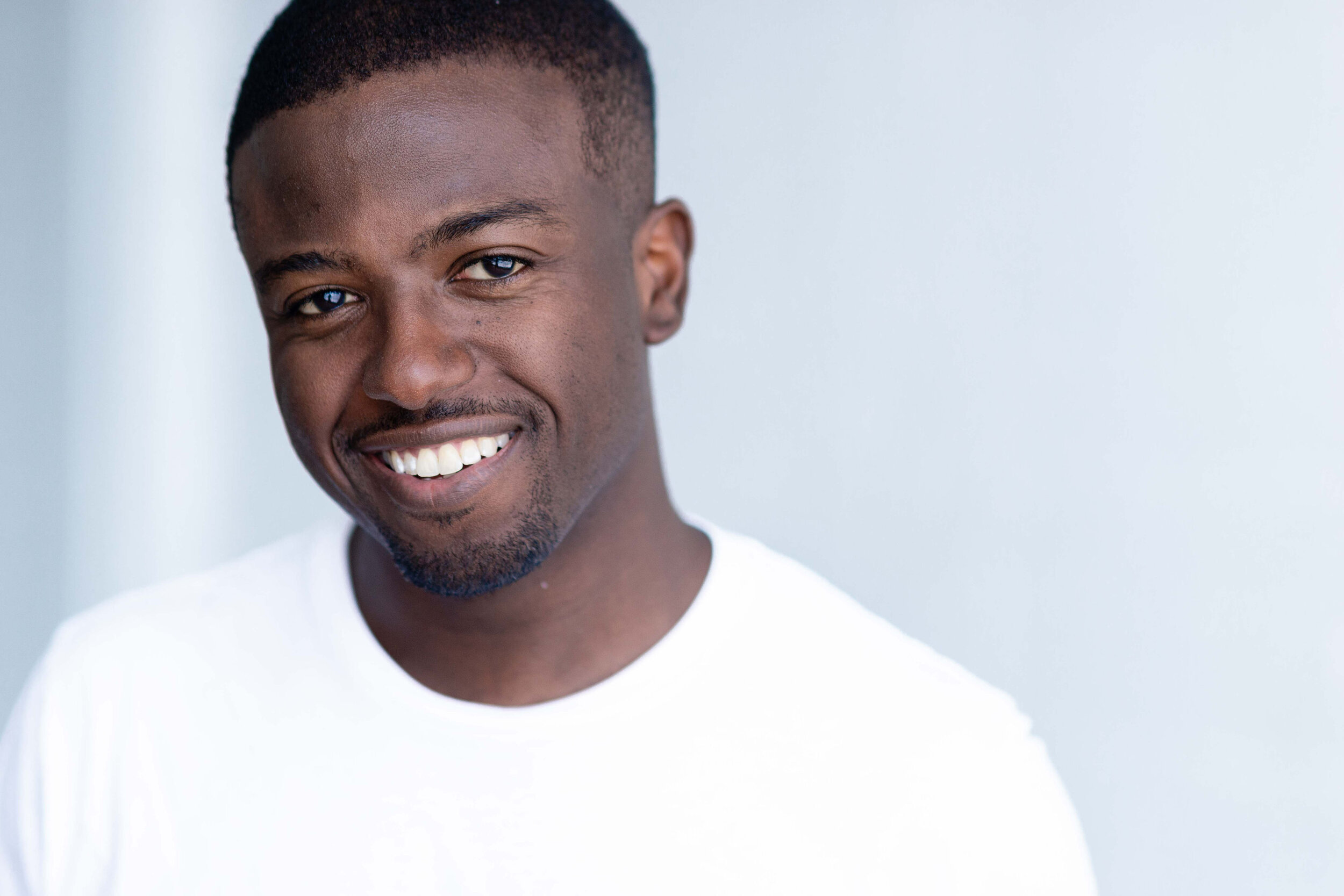Myles Grier
Photo: Jackson Davis
Atlanta native Myles Grier discusses his new project “Remember to Breathe in the Dark,” the need for black men to embrace their vulnerability, and his participation in the live production of “The Lion King” on the social media app, Clubhouse.
What was the inspiration behind your new short film concept, "Remember to Breathe in the Dark"?
This project started as a therapeutic outlet for me. In 2017, I realized I didn’t fully process my emotions after the loss of my father. I experimented with listening to emotional music while writing poetry. During that experiment, I began to jot down ideas that became the outline for this project. I began to write about this character, this vulnerable man, needing to face his insecurity on the hardest day of his life. I sent it to my Director of Photography, Mark Haynes, and he connected with it, so we began planning, and it grew a life of its own from there.
The story's main character suffers from a speech impediment. What were the thoughts behind adding that layer to the character?
I grew up with a speech impediment, so did my father. It was an insecurity I faced daily, for most of my life. It was one of my biggest challenges growing up as an actor, controlling my breath and exercising my diaphragm. My challenges were more so slurring my words, speaking fast, with a light stutter, not as heavily as the character in this project. In the film, I do heighten the stutter because I acknowledge that there are people on the extreme end of the spectrum with their speech impediment while studying for this role. I chose to face the two most vulnerable areas of my life, speech and parental death. And as of today, I’ve worked on my breathing so much that I feel that I’ve gained control of my speech.
What messages do you want the audience to kind of take away from this project?
The messages that I want people to take away from this project are that you can be vulnerable, emotional, and strong at the same time. I know many men, specifically men of color, grew up being conditioned to think being emotional or being vulnerable is a sign of weakness. I want my fellow brothers to know that it takes a strong, secure man to be emotionally available and with healthy communication, we can continue to do the self-work improving mental health and relationships.
Also, to the people who have lost a parent/ loved ones and people who struggle with their speech, to always "remember to breathe" in those moments. In those darker moments of feeling like you are missing your loved ones, those moments of feeling stuck, to focus on the light, and remember to breathe. The breath is life.
2020 was quite an unprecedented year. How did the COVID-19 pandemic and the shutdown of film productions across the country affect you as a creative?
Everything slowed down. As an actor, there weren’t any auditions as the world figured everything out, and that allowed me to take some time to re-center myself and focus on self-care. When you get into the practice of centering yourself, it definitely contributes to the craft of acting. It grounds you to bring more authentic life to your characters. On the business side, development began to step up. My producing partner [Geno Brooks] and I started to connect with more distributors, production companies and build relationships with collaborators looking for content to finance, develop and license.
COVID-19 has changed the landscape of productions moving forward. There are several new mandates we must abide by to address health concerns on set. We must adjust how we tackle different writing topics and locations. From an actor’s perspective, you are continually getting tested and must be aware of the cast / crew’s comfort levels with being close to others on and off camera.
You recently had the opportunity to be a part of a live production of "The Lion King" on the new social media application, Clubhouse. What was it like to be a part of such a ground-breaking moment?
It was such a fun time with new friends made on the game-changing app. I was the voice of Simba and also was a producer of the musical. The event was created by marketing executive and event producer Noelle Chesnut Whitmore after being in a room with Bomani X and I, where she recognized Chris “Boogie” Glover, another user on Clubhouse, had a distinct voice and would be perfect to play Mufasa. I then started performing Simba’s lines in a scene with Chris and the idea took flight from there and scaled to a full cast and crew of over forty actors, narrators, imagery (PTR), musicians, and a choir.
It was important for me to keep the reasoning of us doing this at the forefront - to have fun, and bring joy to the families across the clubhouse platform at the end of a hard year for many people. When we had various positive breakout rooms in between our matinee and evening performances, including one with children being able to talk back to the cast, we knew we had succeeded in that.
Upcoming projects in 2021.
I'm producing a feature film alongside actress-producer, Bianca A. Santos (Ouija, The Duff) that explores suicide and mental health. This project will be the writing and directing debut of a phenomenal actress, Madison Beaty (Once Upon A Time In Hollywood, The Master). On the acting side, I’m a lead in the new feature film, Good Side of Bad. Based on the book of the same name, and is currently in post-production. I'm also in talks with a few producers about leading a couple of other features that I align with in messaging. As I partner with Geno Brooks, we have multiple TV pilots that I'm excited about, a couple of them we have shopping agreements for, developing and producing with Bird and A Bear Entertainment.
What quote do you use as a source of inspiration for your life?
I have two:
"Focus, focus, focus." - My dad would always say this to my siblings and me. I call it the family motto.
"For I am fearfully and wonderfully made; Marvelous are your works and that my soul knows very well." – Psalm 139:14
For more on Myles, please visit www.MylesGrier.com

